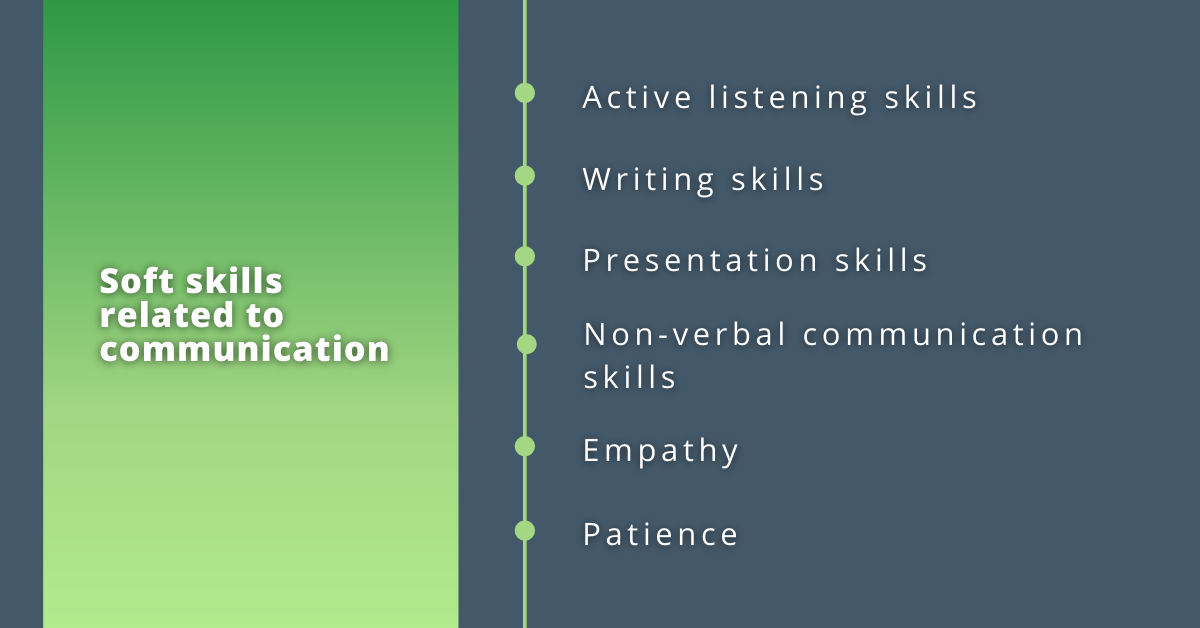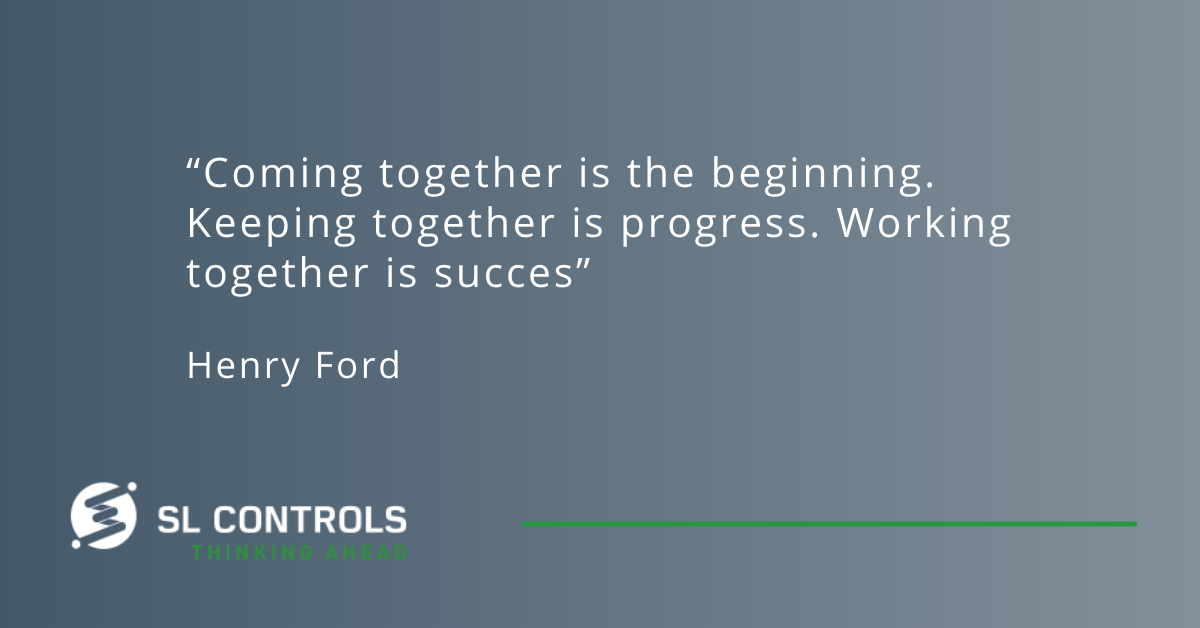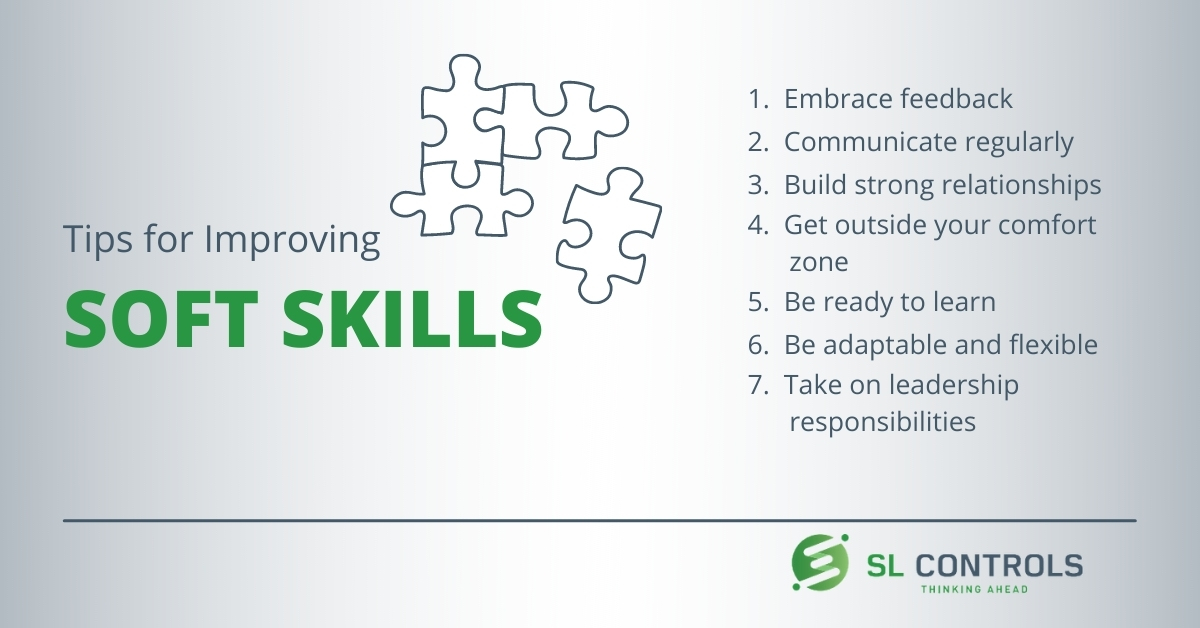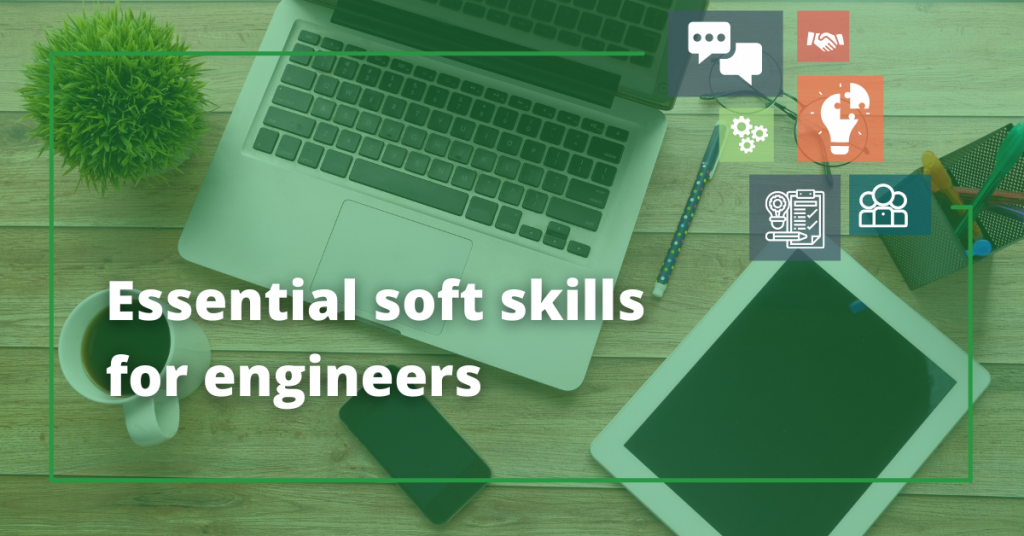There has never been a better time to be an engineer. In many sectors, new technologies mean there are a growing number of opportunities for individuals with the right training and experience.
Therefore, it can be frustrating when you think you’ve got the perfect CV but don’t get that call back after your interview. The same applies when you don’t get a promotion you think you’re ready for. After all, you’ve got the right qualifications and technical abilities, so why didn’t you get the job?
Technical skills alone are no longer sufficient for many employers. Furthermore, technical skills alone will only take your career and levels of job satisfaction so far. So, what can you do?
One Common Career Mistake Engineers Make
Too often, engineers focus only on their technical skills and abilities, largely ignoring soft skills. Soft skills, however, are very important in almost all roles and industries.
By paying attention to the following nine important soft skills for engineers, you’ll make yourself more attractive to employers. You’ll also become a more rounded engineer, enhancing your emotional intelligence and interpersonal skills, and improving your overall engineering abilities as soft skills work.
Essential Soft Skills for Engineers
Communication
Communicating complex technical solutions in a way that clients understand is becoming increasingly important.
For example, as an engineer, you might have a tendency to focus on the technical detail when clients are often more interested in finding solutions to their specific problem and understanding the benefits to their business, i.e., they are not necessarily interested in abstract theories or high-level science, particularly at management level.
So, practice delivering highly technical information in as simple a way as possible while keeping your client’s perspective in mind.
Another thing to highlight when discussing communication skills is the fact that this is a category rather than a specific or isolated skill. In other words, improving your communication skills will involve improving a range of other soft skills. You may not need all the soft communication skills in the list below, but they include:
- Active listening skills
- Writing skills
- Presentation skills
- Non-verbal communication skills
- Empathy
- Patience

Problem-Solving
Problem-solving usually involves successfully considering the pros and cons of each solution and finding the path with the least risk involved.
Interviewers often consider problem-solving skills during the recruitment process because they show how candidates deal with challenges. After all, project managers and other leaders like having team members who don’t bring every small difficulty to their doorstep.
Problem-solving skills can also help projects run more smoothly, as well as helping to improve the business overall.
You should also explore possibilities for improving other soft skills that are closely related to problem-solving skills. Examples include:
- Innovation skills
- Brainstorming skills
- Critical thinking skills
- Research skills
Having intellectual curiosity can also help improve your problem-solving skills. Being intellectually curious will help you think out-of-the-box, find solutions, and question why things are done the way they are.
Organisation
In some situations, you can classify organisational skills as technical rather than soft. For example, good code needs to be well structured and organised. That said, there are also organisational skills you should improve that are non-technical.
These include punctuality, task management, and not taking on more tasks than you can handle.
Specific skills that come under the organisation soft skills umbrella include:
- Time management skills
- Goal-setting skills
- Planning skills
- Prioritisation skills
Finally with this one, there are apps available that help you stay organised, complementing your soft skills development.
Leadership
A good definition of leadership as a soft skill is taking responsibility for yourself and also for the people you work alongside. Remember, you don’t have to be in a managerial position to be a leader. Leadership is also about things like keeping the right distance from a task (so you can see the bigger picture), setting the right example, and motivating others when things get tough.
Hone this skill, and don’t forget to celebrate your leadership successes. Remember them as best practice examples, too, so you can use them as a stepping stone for promotion.
Areas you can work on in relation to leadership skills include some already highlighted, such as communication skills and organisational skills. Strategic thinking, personal development, and team development skills are also important.
Teamwork
There are many engineering tasks that you will do alone. Writing code is a good example. Individuals can’t complete large engineering projects alone, however. Instead, they require teams and, by extension, teamwork.
As a result, teamwork is usually a non-negotiable soft skill in engineering. In other words, employers want you to be just as committed to successfully achieving team and company goals as you are to personal goals.

Adaptability
With rapidly advancing technologies, the reality of clients changing requirements, the increasing use of agile development techniques, and other factors, adaptability is an essential soft skill to improve. In fact, being willing and able to quickly adapt to situations is a skill highly valued by employers.
Creativity
In engineering, creativity is about finding new ways of looking at things. By developing this valuable soft skill, you’ll be able to, for example, develop innovative products or project solutions. Creativity can also help you solve a problem or successfully deal with an unexpected situation.
Interpersonal Skills and Emotional Intelligence
Interpersonal skills are, in a sense, an umbrella term for several soft skills, including active listening, social perceptiveness, and being able to handle feedback. They all centre on emotional intelligence.
While it may not be possible to have great relationships with colleagues and others in all situations, developing your interpersonal skills will help you, those around you, and the company you work for.
Customer service
Finally, giving customers more than they expect helps to nurture long-term and loyal relationships. After all, customers are crucial to the success of most businesses. As a result, companies are more focused on customers than ever before. Developing your own customer service skills will help you contribute to the company’s efforts.
How to Improve Your Soft Skills

You can complete training courses to improve your soft skills. Experience is important, too, so be open to taking on leadership responsibilities while also being adaptable and flexible. For example, be willing to take on new roles or projects, even if they are outside your comfort zone.
You should always be ready to learn, embracing constructive feedback from wherever it comes from. Building strong relationships and regularly communicating with those who can help you grow and develop will help too.
Developing a Continuous Improvement Mindset
Becoming a master of the soft skills above is a lifelong objective, so don’t expect to have all of them figured out quickly. Instead, focus on those you consider are your weakest, set goals, develop a plan, and constantly review your progress. The reward will be increased engineering success.





